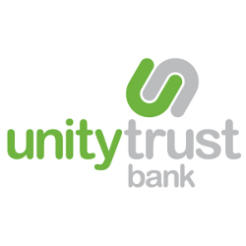The Co-operative Bank is to sell its 27 per cent stake in Unity Trust Bank - the bank that is most used by charities with an income under £1m.
It follows a review by Unity Trust Bank of its ownership structure and the new business plan announced by the Co-operative Bank to simplify and reshape its business around retail and small-business customers.
Last year, the Co-operative Group was forced to abandon its 170-year-old mutual ownership structure to plug a £1.5bn capital shortfall and avoid a taxpayer bailout.
It sold a majority share of its banking arm to US hedge funds, including Aurelius Capital Management and Silver Point Capital, and other creditors.
There have been concerns from customers that it will not maintain its traditional ethical policy. A coalition of charities who bank with the Co-operative Bank has written an open letter to Co-op on their concerns.
Like the Unity Trust, the Co-operative Bank is popular with charities. It is the most-used primary bank for charities with an income between £1m and £5m in Charity Finance’s 2013 Banking Survey, and is the third most popular for those with an income between £5m and £20m.
The trade unions which own the remaining 73 per cent of Unity Trust will have the first opportunity to buy any shares sold by minority stakeholder Co-op.
Graham Bennett, chair of Unity Trust Bank, said: “We are starting to have detailed discussions with our respective shareholders as part of our wider work to reposition the Bank as we approach our 30th anniversary. The Co-operative Bank has been a fantastic supporter of Unity since it was first founded, however, the time is now right to review our structure as we begin the next chapter of Unity’s development underpinned by our distinct approach to banking.”
Unity Trust is a specialist banking service for charities and social enterprises. Recently it offered new and existing customers which are accredited living wage employers a 50 per cent reduction in its lending fees.









